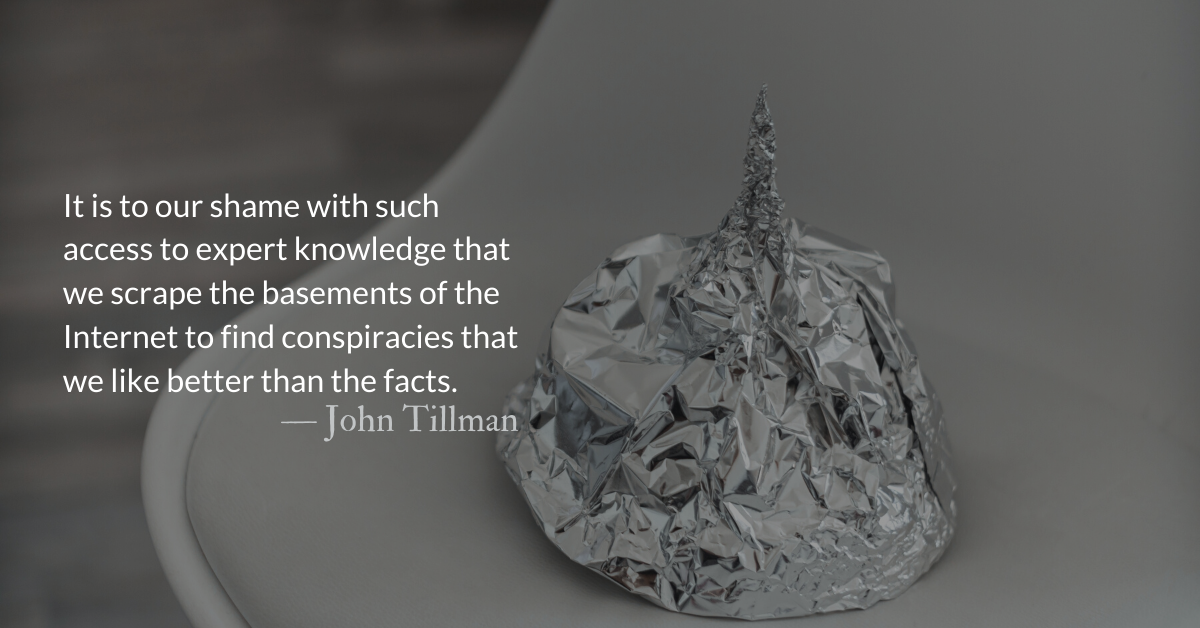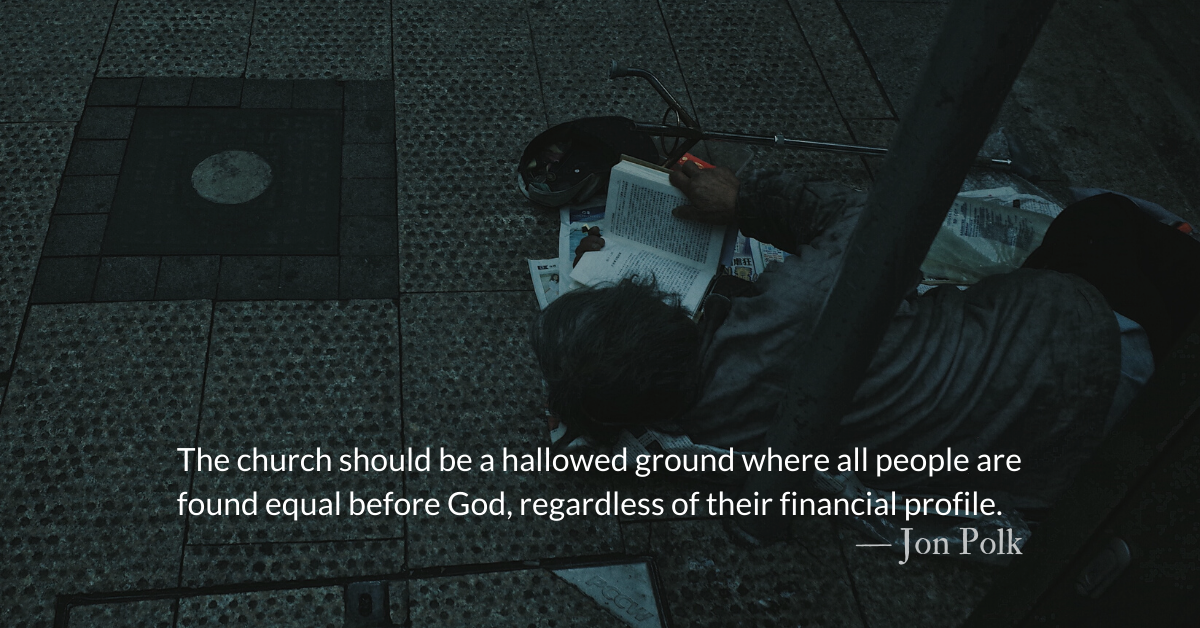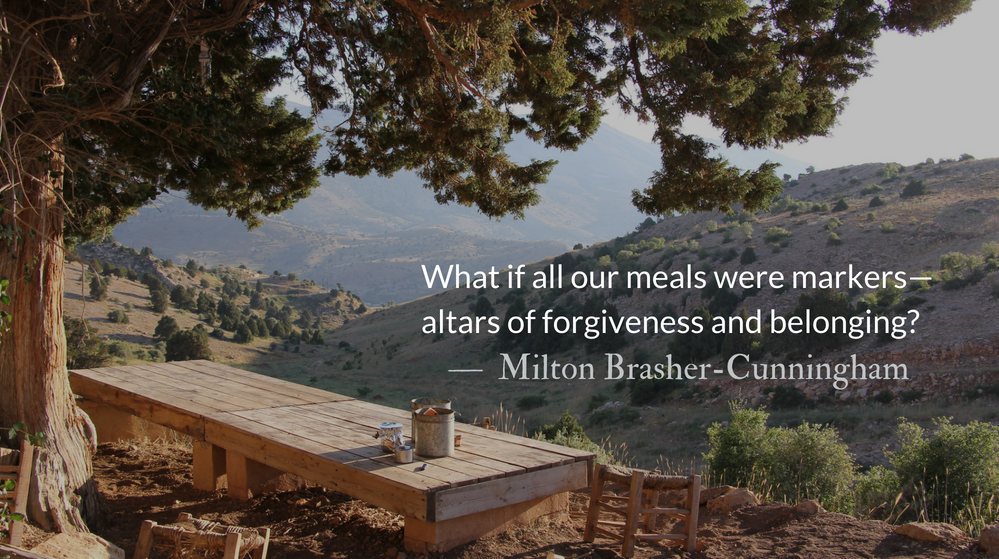Scripture Focus: Isaiah 9.14-16
14 So the Lord will cut off from Israel both head and tail,
both palm branch and reed in a single day;
15 the elders and dignitaries are the head,
the prophets who teach lies are the tail.
16 Those who guide this people mislead them,
and those who are guided are led astray.
James 3.1
Not many of you should become teachers, my fellow believers, because you know that we who teach will be judged more strictly.
Reflection: Much Demanded
By John Tillman
There is an often repeated biblical principle—the more you are given, the more will be expected of you.
We see its implications in Isaiah’s prophecy against the leaders. (Isaiah 9.14-16) James echoes it in his warning to “teachers.” (James 3.1) Christ worded it, “From everyone who has been given much, much will be demanded; and from the one who has been entrusted with much, much more will be asked.” (Luke 12.48)
Part of God’s righteousness, his justice, is not holding those with little accountable for their poverty. Whether a poverty of finances, of knowledge, of access, or of power, God judges those with little lightly and those with much heavily.
This should be sobering to us who are greatly privileged.
We live in an age of unprecedented availability of knowledge. We are more accountable to God for what we say and teach than ever before. We have an unprecedented ability to access the Bible at any time and on any device imaginable. We are more accountable to God for our ignorance of his scriptures than ever before. We have an unprecedented ability to reach around the world (or across the street) to know and befriend people of all races, backgrounds, and beliefs. We are more accountable to God for holding on to racial prejudice, divisions, and resentments than ever before. We are living in the most prosperous time in history with financial resources available to the majority of people that were unimaginable in prior ages of history. We are more accountable to God for abandoning and abusing those in poverty than ever before.
It is to our shame with such wealth that there are starving children.
It is to our shame with such connectedness that we cause divisiveness.
It is to our shame with such availability of the Bible that we do not avail ourselves of reading it.
It is to our shame with such access to expert knowledge that we scrape the basements of the Internet to find conspiracies that we like better than the facts. (Isaiah 8.12-13)
May we confess and repent, before God comes to settle accounts with us.
Much has been given to us. May we praise God in thankfulness for it.
Much has been given to us. May we serve our neighbor in humbleness with it.
Much has been given to us. May we challenge every form of oppression with it.
Divine Hours Prayer: The Greeting
O God, you have taught me since I was young, and to this day I tell of your wonderful works. — Psalm 71.17
– Divine Hours prayers from The Divine Hours: Prayers for Springtime by Phyllis Tickle
Today’s Readings
Isaiah 9:8-10:4 (Listen – 3:36)
James 3 (Listen 2:38)
Read more about Confession as a Crucible
The crucible of COVID-19 is revealing in our society and ourselves the ugliest most sinful parts of our nature.
Read more about Confession Destroys Denial
We give our lives and bodies as Mary did to be used by you to bring down rulers from their thrones, lift up the humble, and fill the hungry with good things.











